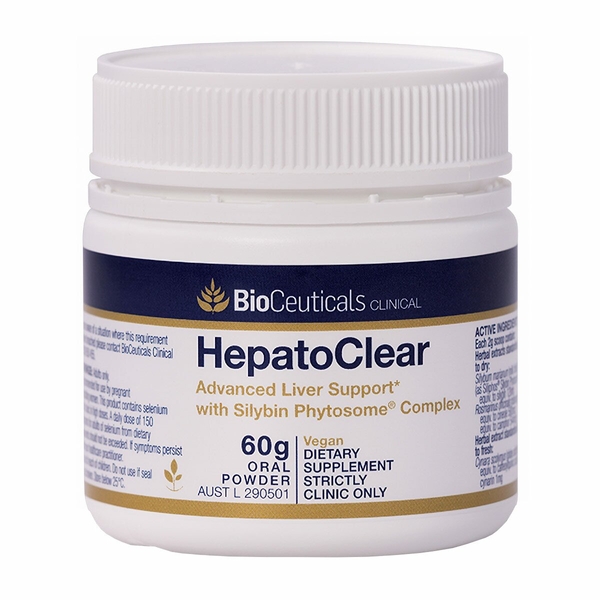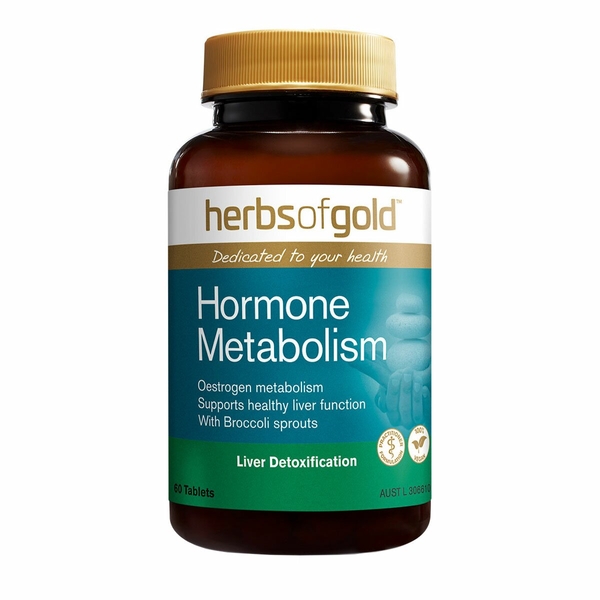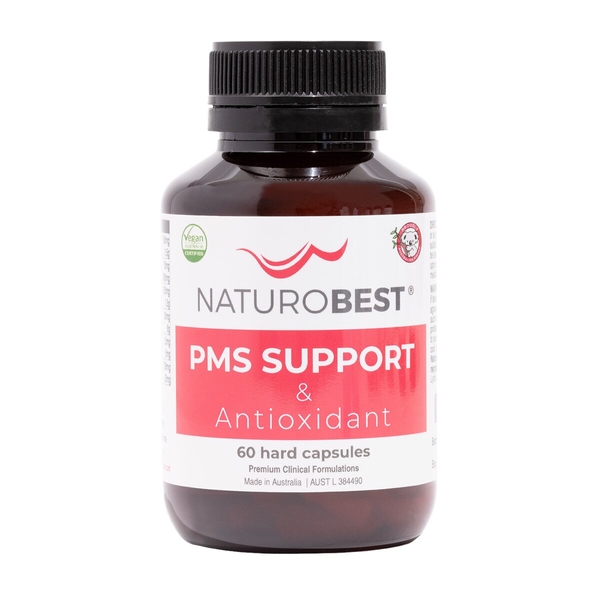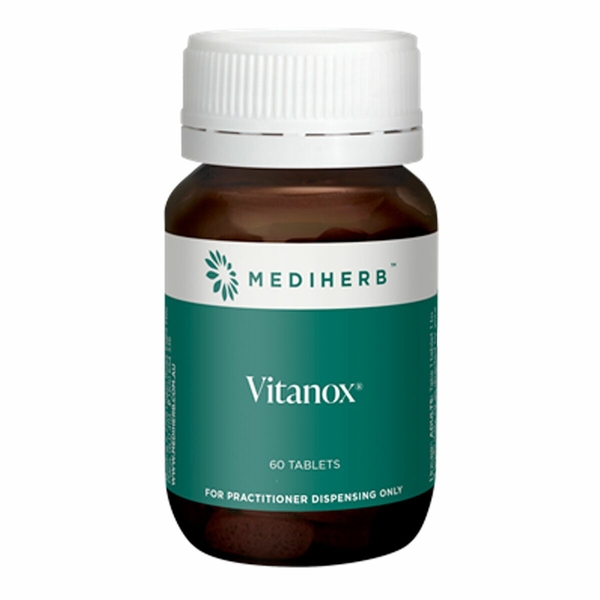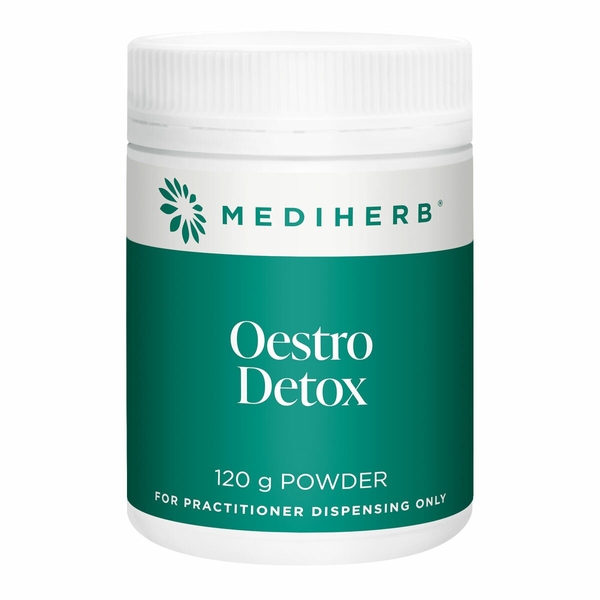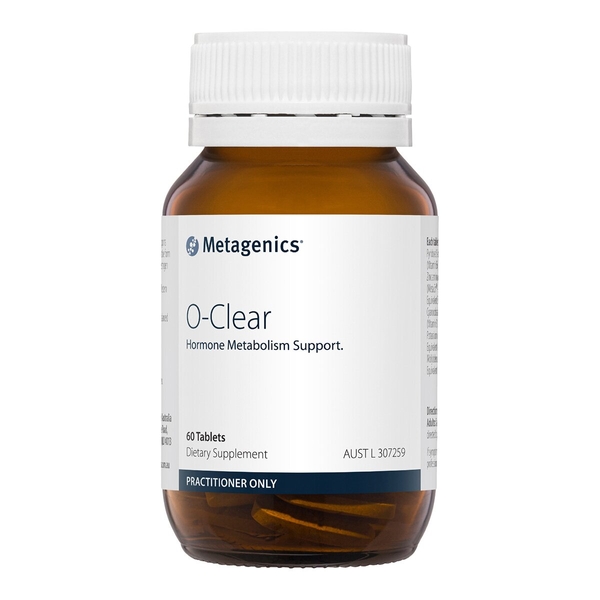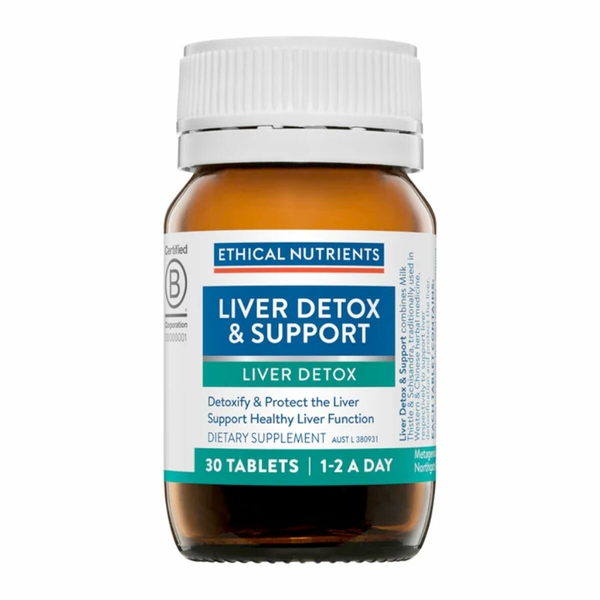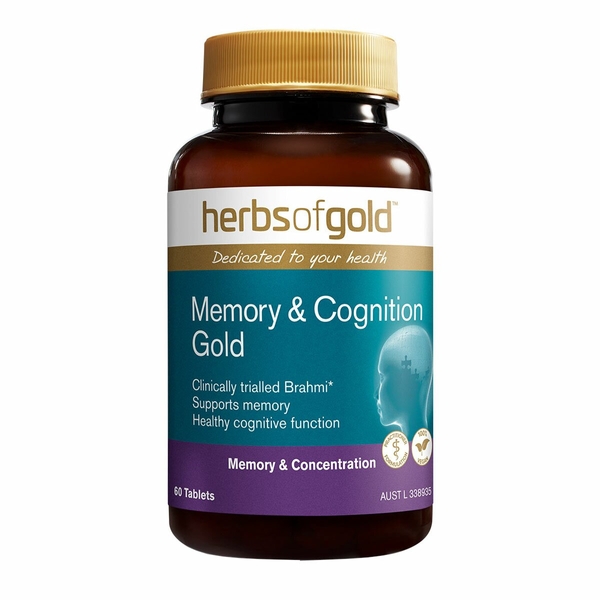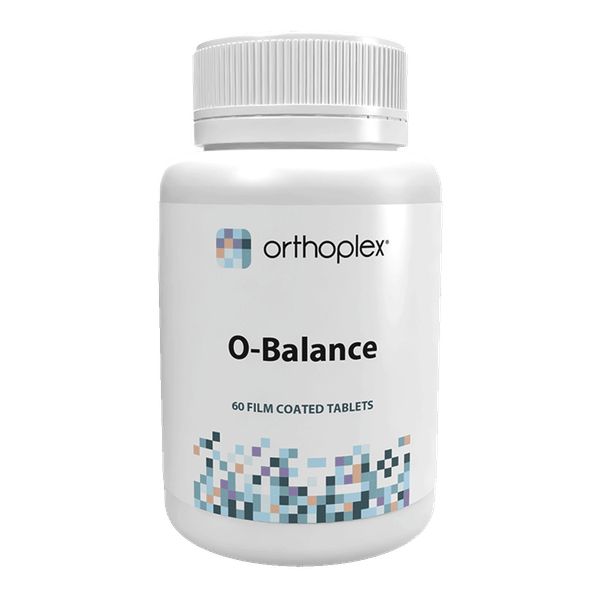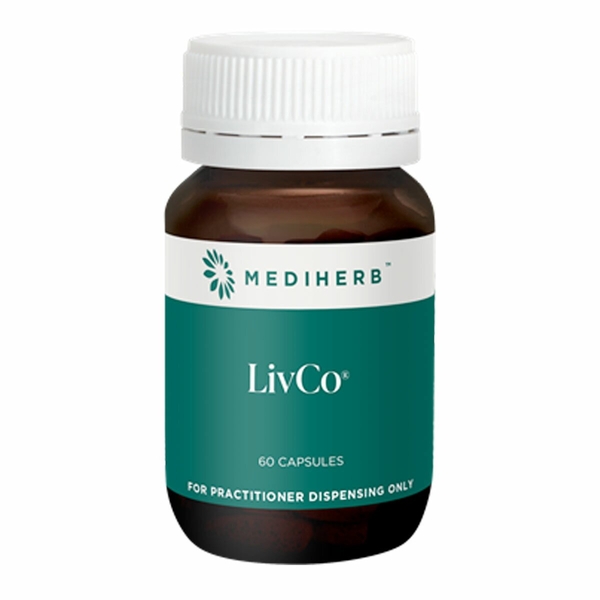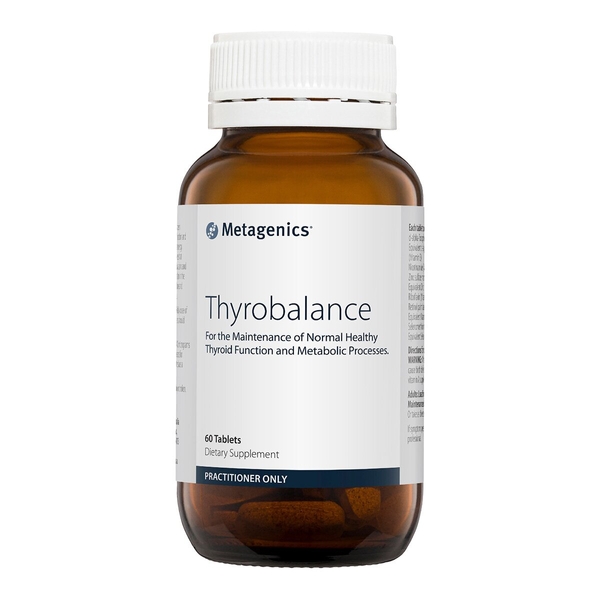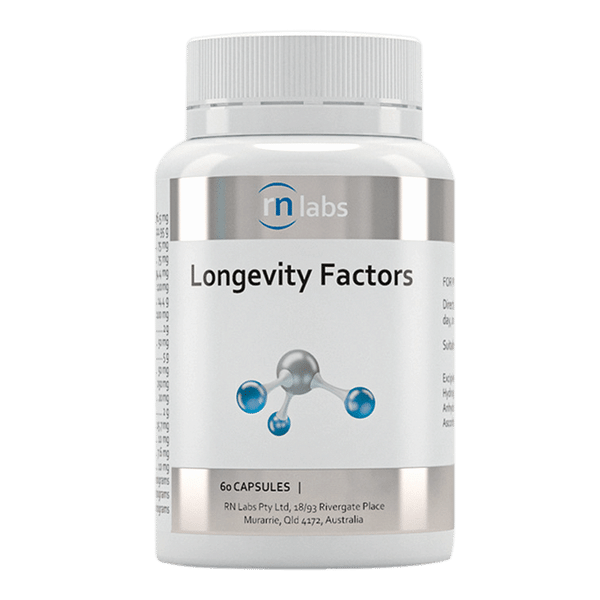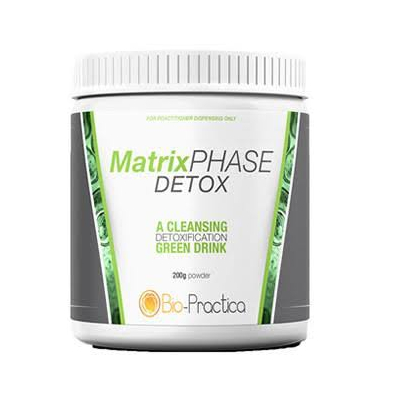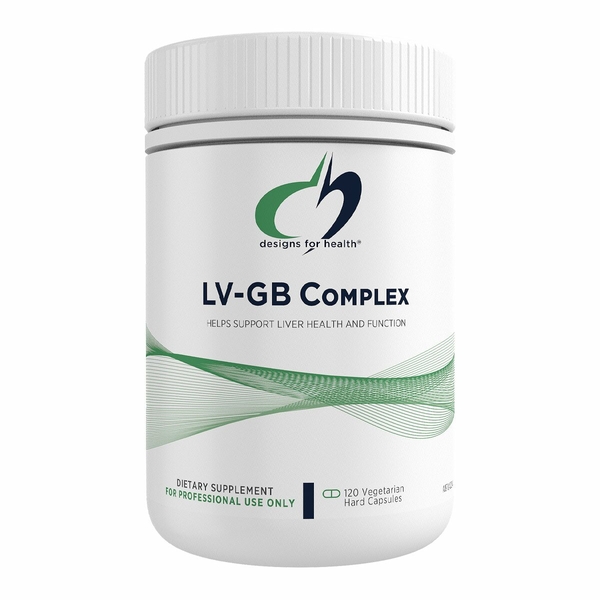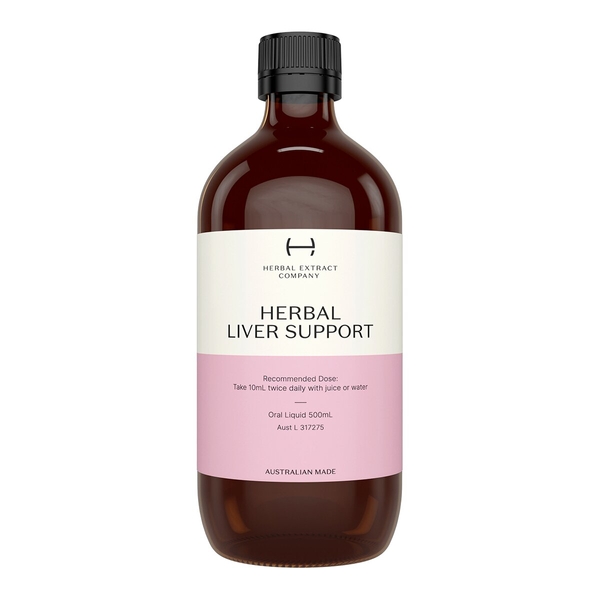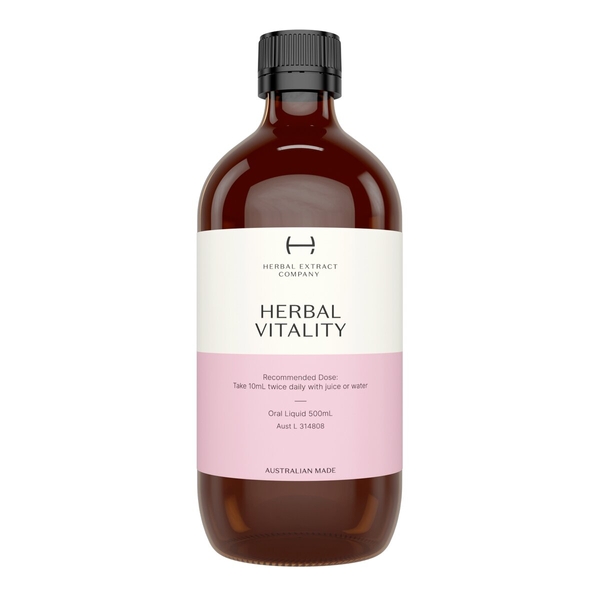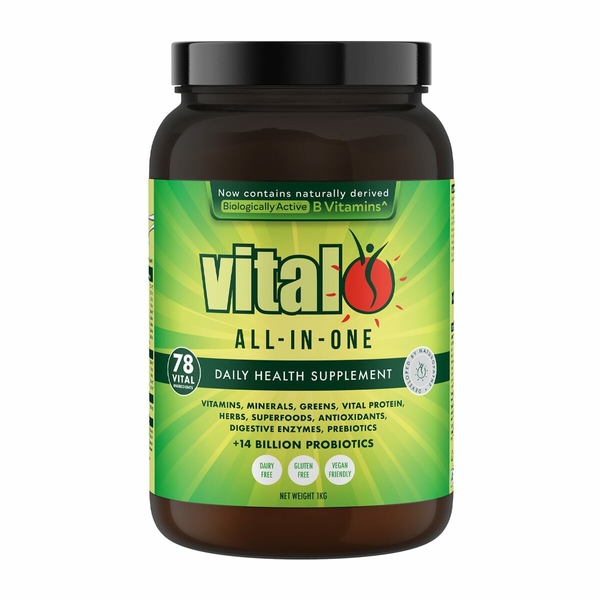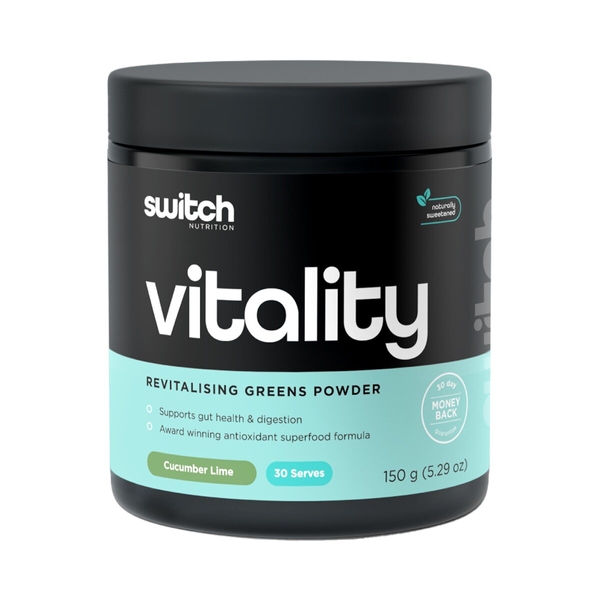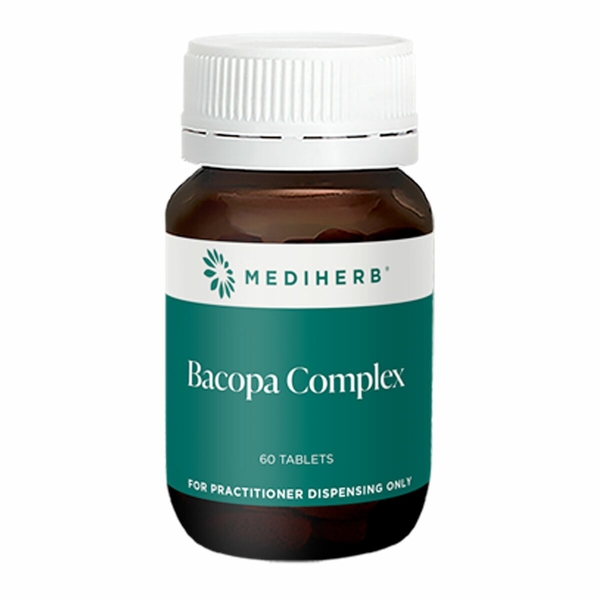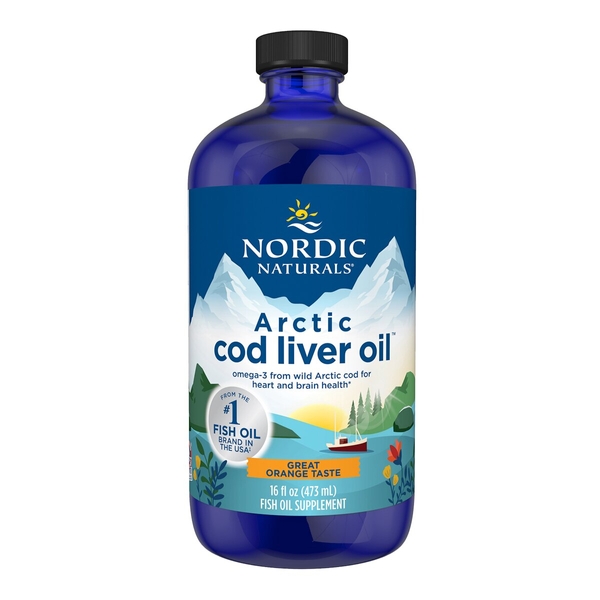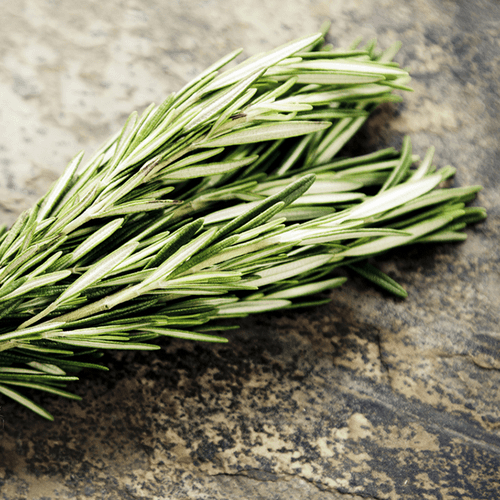
Background
Rosemary seems to increase blood circulation when applied to the scalp, which might help hair follicles grow. Rosemary extract might also help protect the skin from sun damage.
People commonly use rosemary for memory, indigestion, fatigue, hair loss, and many other purposes, but there is no good scientific evidence to support most of these uses.
Safety Safety definitions
When applied to the skin: Rosemary oil is possibly safe for most people. It might cause allergic reactions in some people.
When inhaled: Rosemary is possibly safe for most people when used as aromatherapy.
Special Precautions & Warnings:
Pregnancy: Rosemary is commonly consumed in foods. Rosemary is possibly unsafe when taken by mouth in medicinal amounts during pregnancy. It might cause a miscarriage. There isn't enough reliable information to know if rosemary is safe when applied to the skin when pregnant. Stay on the safe side and avoid use.Breast-feeding: There isn't enough reliable information to know if rosemary is safe to use as medicine when breast-feeding. Stay on the safe side and stick to food amounts.
Aspirin allergy. Rosemary contains a chemical that is very similar to aspirin. This chemical may cause a reaction in people who are allergic to aspirin.
Bleeding disorders: Rosemary might increase the risk of bleeding and bruising in people with bleeding disorders. Use cautiously.
Seizure disorders: Rosemary might make seizure disorders worse. Don't use more than amounts found in foods.
Effectiveness
- Memory. Taking rosemary by mouth might somewhat improve memory in young adults. It's not clear if rosemary aromatherapy helps.
Dosing & administration
Rosemary oil, powder, and extract have also been used by adults as medicine. There isn't enough reliable information to know what an appropriate dose of rosemary might be. Keep in mind that natural products are not always necessarily safe and dosages can be important. Be sure to follow relevant directions on product labels and consult a healthcare professional before using.
Interactions with pharmaceuticals
Aspirin
Interaction Rating=Moderate Be cautious with this combination.
Rosemary contains chemicals similar to aspirin. Taking rosemary along with aspirin might increase the effects and side effects of aspirin.
Choline Magnesium Trisalicylate (Trilisate)
Interaction Rating=Moderate Be cautious with this combination.
Rosemary contains chemicals that are similar to choline magnesium trisalicylate. Taking rosemary along with choline magnesium trisalicylate might increase the effects and side effects of choline magnesium trisalicylate.
Medications changed by the liver (Cytochrome P450 1A2 (CYP1A2) substrates)
Interaction Rating=Minor Be watchful with this combination.
Some medications are changed and broken down by the liver. Rosemary might change how quickly the liver breaks down these medications. This could change the effects and side effects of these medications.
Medications for diabetes (Antidiabetes drugs)
Interaction Rating=Moderate Be cautious with this combination.
Rosemary might lower blood sugar levels. Taking rosemary along with diabetes medications might cause blood sugar to drop too low. Monitor your blood sugar closely.
Medications that slow blood clotting (Anticoagulant / Antiplatelet drugs)
Interaction Rating=Moderate Be cautious with this combination.
Rosemary might slow blood clotting. Taking rosemary along with medications that also slow blood clotting might increase the risk of bruising and bleeding.
Salsalate (Disalcid)
Interaction Rating=Moderate Be cautious with this combination.
Salsalate is called a salicylate. Rosemary also contains a salicylate. Taking salsalate with rosemary might increase the risk for side effects from salicylates.
Interactions with herbs & supplements
Herbs and supplements that might slow blood clotting: Rosemary might slow blood clotting and increase the risk of bleeding. Taking it with other supplements with similar effects might increase the risk of bleeding in some people. Examples of supplements with this effect include garlic, ginger, ginkgo, nattokinase, and Panax ginseng.
Herbs that contain chemicals similar to aspirin (salicylates): Rosemary contains chemicals called salicylates. Salicylates are similar to aspirin. Taking it with other supplements that contain salicylates might increase their effects and side effects. Examples of supplements that contain salicylates include aspen, black haw, poplar, meadowsweet, and willow bark.
Iron: Rosemary can decrease the absorption of iron from foods. It is possible that rosemary might also decrease the absorption of iron from supplements when taken at the same time. But it isn't clear if this is a big concern.
Interactions with foods
Products
View all products- Rosmarinus officinalis (Rosemary) ext. 100 mg
- Silybum marianum ext. 43 mg
- Glycine max ext. 144 mg
- Pyridoxal 5-phosphate monohydrate (P5P) 39 mg equiv. pyridoxine 24.88 mg
- Cyanocobalamin (Vitamin B12) 250 μg
- Potassium iodide 131 μg equiv. iodine 100 μg
- Molybdenum trioxide 94 μg equiv. molybdenum 62.5 μg
- Zinc bisglycinate (Zinc amino acid chelate) 60 mg equiv. zinc 12 mg
- Curcuma longa ext. 60 mg
- Rosmarinus officinalis (Rosemary) ext. 100 mg
- Ginkgo biloba ext. 60 mg
- Bacopa monnieri ext. 225 mg
- Phosphatidylserine enriched soy (powder) (Lecithin) 100 mg equiv. phosphatidylserine 20 mg
- Levomefolate glucosamine (Activated folate) 90.17 µg equiv. levomefolic acid 50 µg
- Mecobalamin (Vitamin B12) 100 µg
- Rosmarinus officinalis (Rosemary) ext. 75 mg
- Riboflavin 5-phosphate sodium (Activated B2) 7.7 mg equiv. riboflavin 5.63 mg
- Pyridoxal 5-phosphate (P5P) 5.36 mg equiv. pyridoxine 3.42 mg
- Silybum marianum ext. 263 mg
- Choline bitartrate 100 mg
- Potassium iodide 98.1 μg equiv. iodine 75 μg
- Molybdenum trioxide 93.8 μg equiv. molybdenum 62.5 μg
- Zinc citrate dihydrate 31.15 mg equiv. zinc 10 mg
- Reynoutria japonica ext. 100 mg
- Calcium folinate (Activated folate) 217 μg equiv. folinic acid 200 μg
- Mecobalamin (Vitamin B12) 250 μg
- Curcuma longa ext. 125 mg
- Selenomethionine 186.3 μg equiv. selenium 75 μg
- Camellia sinensis ext. 157 mg
- Rosmarinus officinalis (Rosemary) ext. 50 mg
- Withania somnifera ext. 60 mg
- Selenomethionine 94 μg equiv. selenium 37.5 μg
- Potassium iodide 92 μg equiv. iodine 70 μg
- Lycium barbarum ext. 300 mg
- Zingiber officinale ext. 25 mg
- d-alpha-Tocopheryl acid succinate 110 mg equiv. vitamin E 134 IU
- Nicotinamide (Vitamin B3) 100 mg
- Zinc sulphate monohydrate 16.5 mg equiv. zinc 6 mg
- Riboflavin (Vitamin B2) 5 mg
- Retinyl palmitate 240 μg equiv. vitamin A 130 μg RE
- Rosmarinus officinalis (Rosemary) ext. 50 mg
- Nicotinamide riboside chloride (Vitamin B3) 75 mg equiv. ribose 34.4 mg
- Ganoderma lucidum ext. 100 mg
- Vitis vinifera ext. 120 mg
- Reynoutria japonica ext. 76.5 mg
- Pyridoxal 5-phosphate monohydrate (P5P) 15.7 mg equiv. pyridoxine 10 mg
- Menaquinone 7 (Vitamin K2) 45 µg
- Pinus radiata ext. 50 mg
- Vaccinium myrtillus ext. 20 mg
- Hydroxocobalamin (Vitamin B12) 400 µg
- Calcium folinate (Activated folate) 434 µg equiv. folinic acid 400 µg
- Riboflavin 5-phosphate sodium (Activated B2) 10.4 mg equiv. riboflavin 7.6 mg
- Thiamine hydrochloride (Vitamin B1) 12.7 mg equiv. thiamine 10 mg
- Rosmarinus officinalis (Rosemary) ext. 50 mg
- Arthrospira platensis (Spirulina) 643 mg
- Brassica oleracea var. italica powder 100 mg
- Silybum marianum ext. 500 mg
- Schisandra chinensis ext. 200 mg
- Cynara scolymus ext. 800 mg
- Hordeum vulgare 883 mg
- Chlorella pyrenoidosa powder 100 mg
- Coriandrum sativum powder 50 mg
- Galium aparine ext. 160 mg
- L-glutamine 800 mg
- Trimethylglycine (TMG) 300 mg
- Methylsulfonylmethane (MSM) 100 mg
- Calcium D-glucarate 100 mg
- Taurine 60 mg
- L-cysteine 50 mg
- Ascorbic acid (Vitamin C) 80 mg
- Magnesium citrate 8 mg
- Zinc citrate 5 mg
- R-alpha lipoic acid 25 mg
- Apple pectin 320 mg
- Natural lemon lime flavour
- Xylitol
- Glycine
- Stevia rebaubiana
- Citric acid anhydrous
- Rosmarinus officinalis (Rosemary) ext. equiv. dry 150 mg
- Cynara scolymus ext. equiv. dry 3 g
- Silybum marianum ext. equiv. dry 1.5 g
- Taraxacum officinale ext. equiv. dry 1.4 g
- Schisandra chinensis ext. equiv. dry 650 mg
- Bupleurum falcatum ext. equiv. dry 300 mg
- Mentha x piperita oil
- Pimpinella anisum oil
- Glycerol
- Water
- Alcohol
- Rosmarinus officinalis (Rosemary) ext. equiv. dry 71 mg
- Crataegus monogyna ext. equiv. dry 711 mg
- Rehmannia glutinosa ext. equiv. dry 711 mg
- Eleutherococcus senticosus ext. equiv. dry 533 mg
- Urtica dioica ext. equiv. dry 888 mg
- Petroselinum crispum ext. equiv. dry 888 mg
- Trifolium pratense ext. equiv. dry 711 mg
- Euphrasia officinalis ext. equiv. dry 711 mg
- Taraxacum officinale ext. equiv. dry 711 mg
- Avena sativa ext. equiv. dry 355 mg
- Equisetum arvense ext. equiv. dry 355 mg
- Vaccinium myrtillus ext. equiv. dry 107 mg
- Cinnamomum verum ext. equiv. dry 71 mg
- Syzygium aromaticum ext. equiv. dry 18 mg
- Mentha x piperita oil
- Pimpinella anisum oil
- Glycerol
- Rosmarinus officinalis (Rosemary) powder 68 mg
- Arthrospira platensis (Spirulina) 1 g
- Chlorella pyrenoidosa powder 333 mg
- Wheatgrass powder 333 mg
- Inulin (Dietary fibre) 800 mg
- Lactobacillus acidophilus 5 billion CFU
- Bifidobacterium bifidum 3 billion CFU
- Bifidobacterium lactis 5 billion CFU
- Bifidobacterium longum 1 billion CFU
- Cynara scolymus powder 500 mg
- Hordeum vulgare 200 mg
- Malus (Apple) 200 mg
- Brassica oleracea var. acephala (leaf & sprout) powder (Kale) 100 mg
- Ananas comosus (Pineapple) 240 mg
- Spinacia oleracea (Spinach) 67 mg
- Beta glucan 50 mg
- Resveratrol 10 mg
- Ananas comosus (Pineapple oil) 65 mg
- Linum usitatissimum (seed) (Flaxseed) 400 mg
- Oryza sativa (Rice bran) 500 mg
- Pea protein isolate 1 g
- R-alpha lipoic acid 67 mg
- Thiamine hydrochloride (Vitamin B1) 400 µg
- Niacinamide (Vitamin B3) 5.3 mg
- Pyridoxine hydrochloride (Vitamin B6) 567 µg
- Riboflavin (Vitamin B2) 434 µg
- Pantothenic acid (Vitamin B5) 1.7 mg
- Cyanocobalamin (Vitamin B12) 0.8 µg
- Ergocalciferol (Vitamin D) 3.8 µg
- Ascorbic acid (Vitamin C) 333 mg
- d-alpha-Tocopheryl acid succinate 100 mg
- Ubidecarenone (Coenzyme Q10) 8 mg
- Copper gluconate 225 µg
- Potassium phosphate dibasic 104 mg
- Folic acid 67 µg
- Biotin 10 µg
- Silica - colloidal anhydrous 14 mg
- Magnesium citrate 42 mg
- Zinc amino acid chelate 10 mg
- Chromium picolinate 10 µg
- Calcium citrate 132 mg
- Manganese amino acid chelate 1.4 mg
- Selenomethionine 30 µg
- Beta-carotene carotenoids (Vitamin A) 1.7 mg
- Citrus bioflavonoids extract 500 mg
- Citric acid anhydrous 150 mg
- Taraxacum officinale ext. 33 mg
- Vaccinium myrtillus powder 200 mg
- Glycyrrhiza glabra powder 67 mg
- Crataegus monogyna ext. 29 mg
- Astragalus membranaceus ext. 67 mg
- Vitis vinifera ext. 67 mg
- Camellia sinensis ext. 67 mg
- Ganoderma lucidum powder 21 mg
- Lentinula edodes powder 21 mg
- Aloe barbadensis ext. 500 mg
- Zingiber officinale powder 67 mg
- Eleutherococcus senticosus ext. 1 g
- Centella asiatica ext. 67 mg
- Withania somnifera ext. 67 mg
- Silybum marianum ext. 67 mg
- Arctium lappa ext. 21 mg
- Rosa canina powder 168 mg
- Lycium barbarum 33 mg
- Beta vulgaris (root) powder (Beetroot) 167 mg
- Daucus carota powder (Carrot) 83 mg
- Carica papaya (Papain) 250 mg
- Lecithin 725 mg
- Laminaria digitara (Kelp) 8 mg
- Natural vanilla flavour
- Natural pineapple flavour
- Thaumatin
- Stevia rebaubiana
- Luo Han Guo (fruit) ext. (Monk fruit)
- Xanthan gum
- Brassica oleracea var. italica powder 150 mg
- Malpighia glabra ext. 267 mg
- Theobroma cacao powder 100 mg
- Rosmarinus officinalis (Rosemary) 50 mg
- Brassica oleracea var. italica powder 250 mg
- Arthrospira platensis (Spirulina) 100 mg
- Cordyceps sinensis 105 mg
- Lentinula edodes 100 mg
- Trametes versicolor 70 mg
- Astragalus membranaceus 100 mg
- Camellia sinensis 500 mg
- Grifola frondosa 125 mg
- Spinacia oleracea (Spinach) 175 mg
- Brassica oleracea var. acephala (leaf) powder (Kale) 175 mg
- Nasturtium officinale 160 mg
- Apium graveolens powder 110 mg
- Pleurotus eryngii 100 mg
- Lipase 750 LipU
- Protease 1000 DU
- Ananas comosus (Bromelain) 350 GDU
- Carica papaya (Papain) 40 mg
- L-glutamine 500 mg
- Bacillus coagulans 4 billion CFU
- Lactobacillus rhamnosus 750 million CFU
- Saccharomyces cerevisiae (boulardii) (SB) 500 million CFU
- Quercetin 100 mg
- Taraxacum officinale 100 mg
- Coriandrum sativum 80 mg
- Zingiber officinale 50 mg
- Origanum vulgare powder 50 mg
- Natural flavours
- Stevia rebaubiana ext.
- Eleutherococcus senticosus 100 mg
- Citric acid anhydrous
- Chlorella vulgaris powder 175 mg

